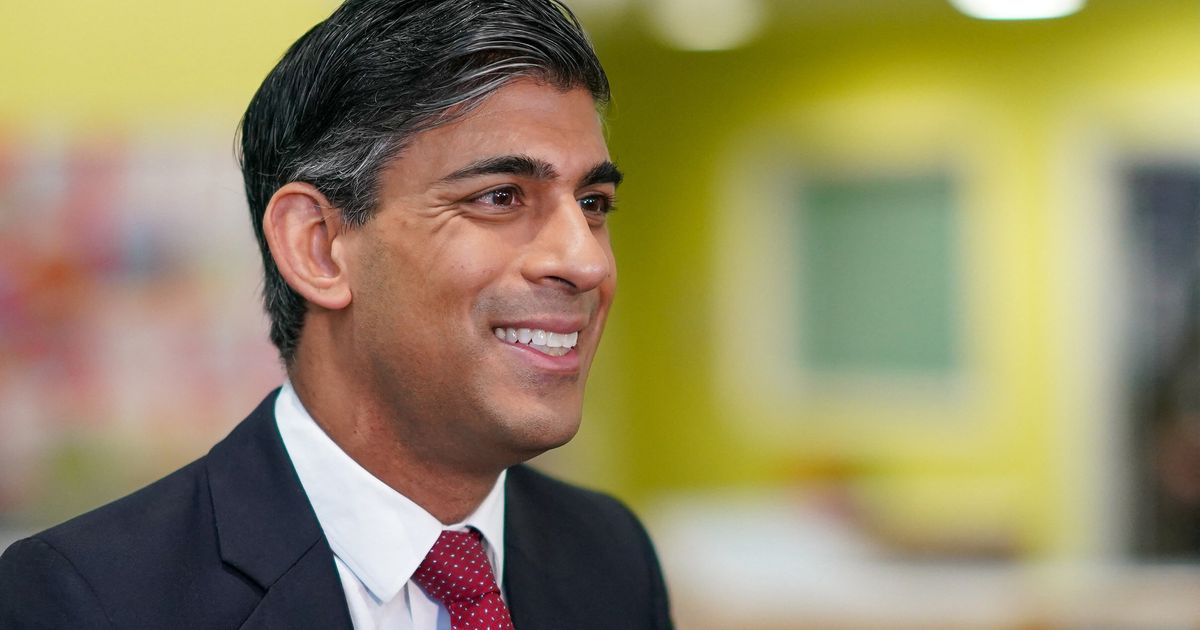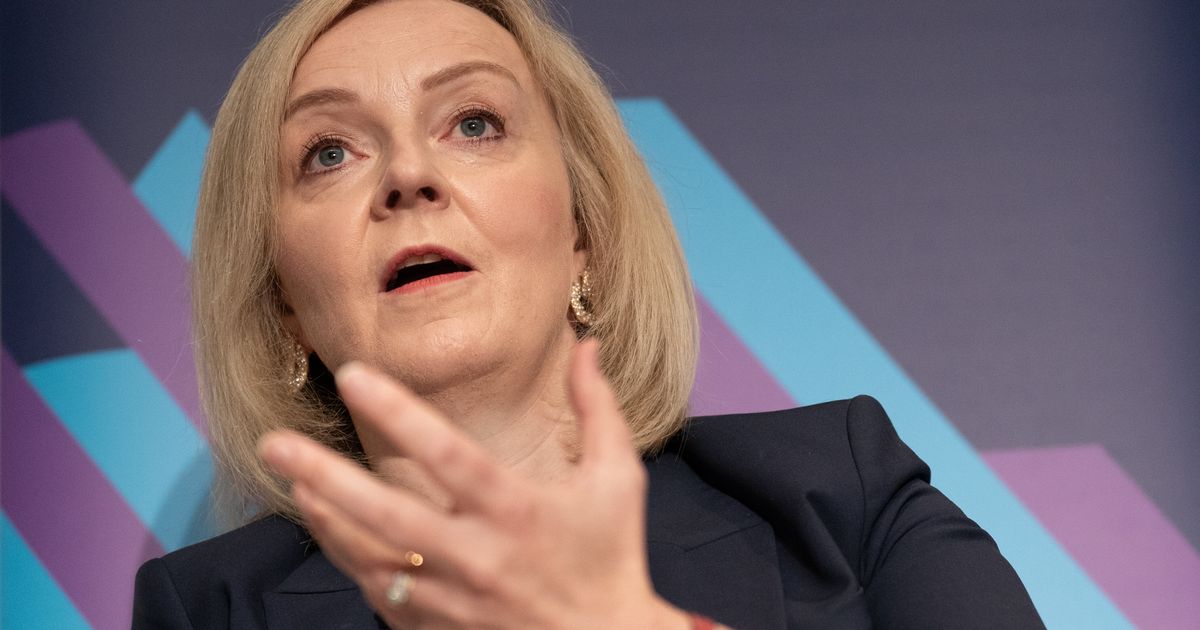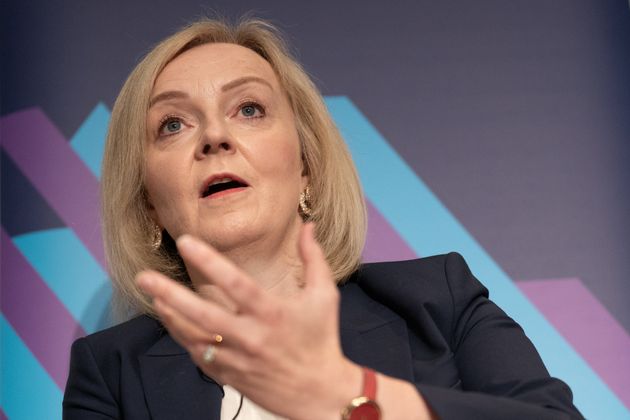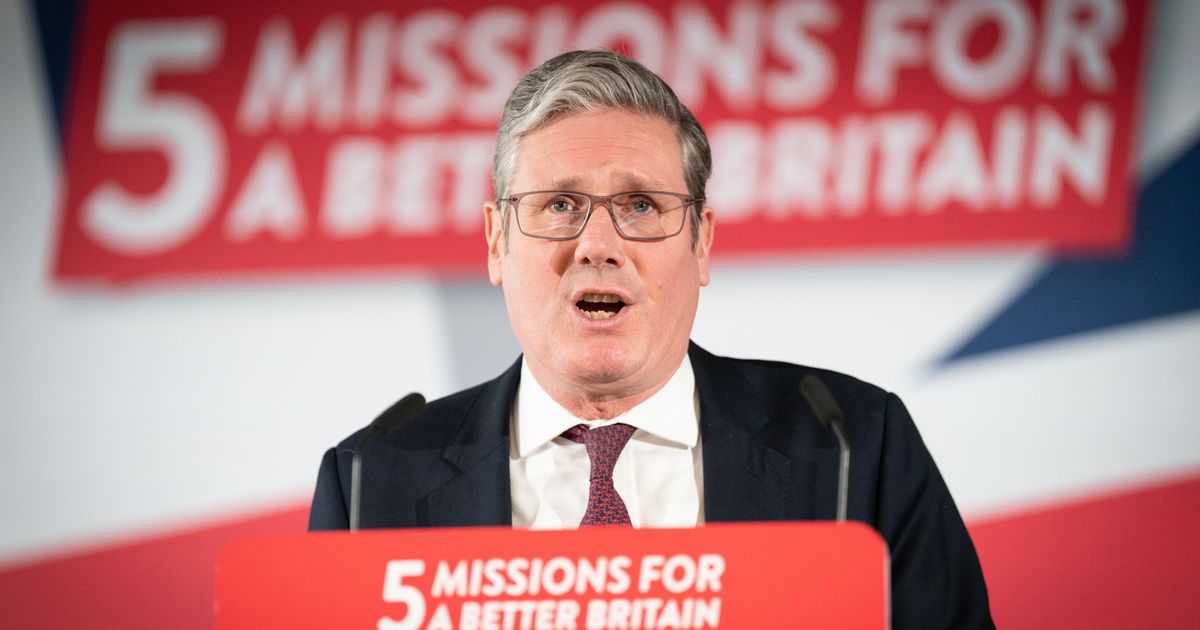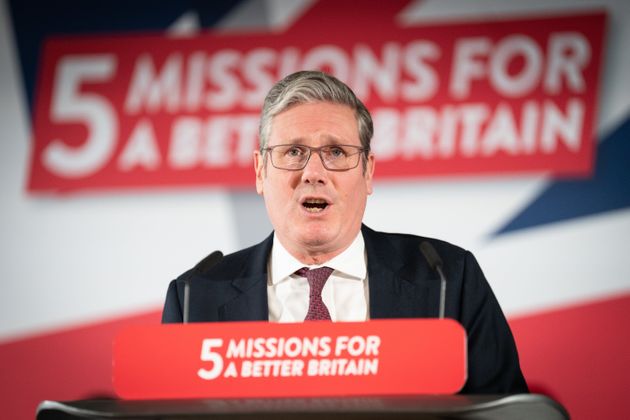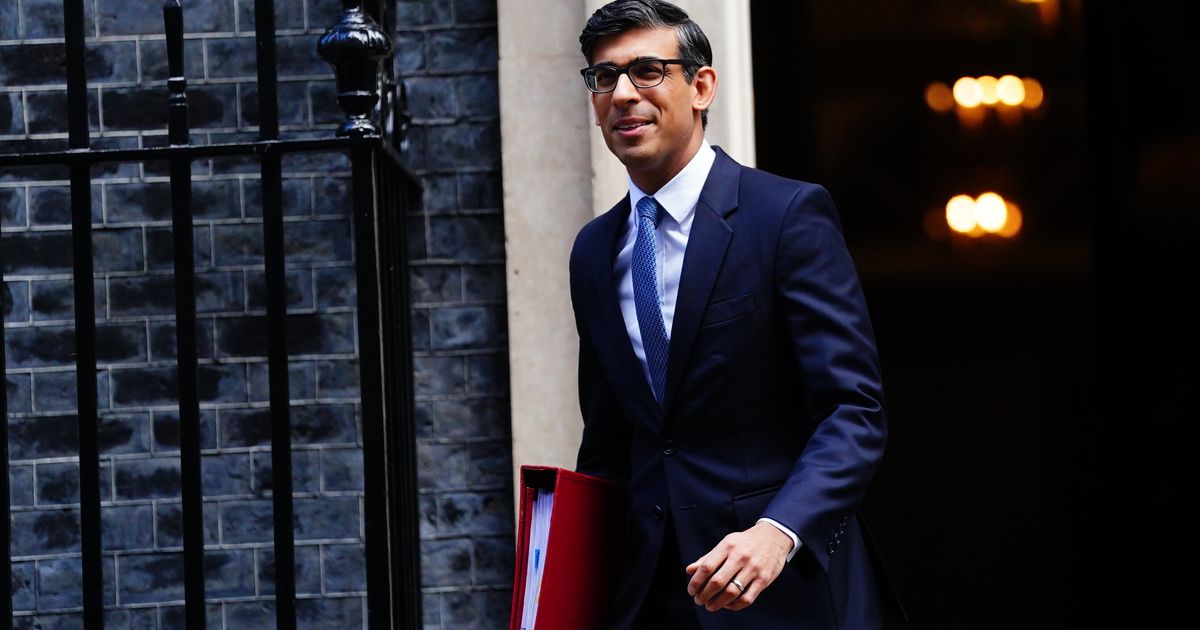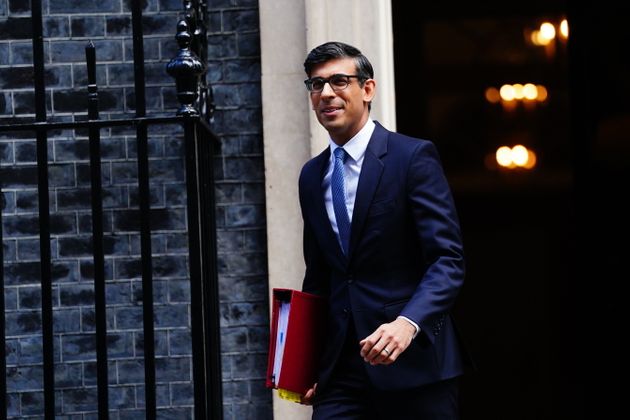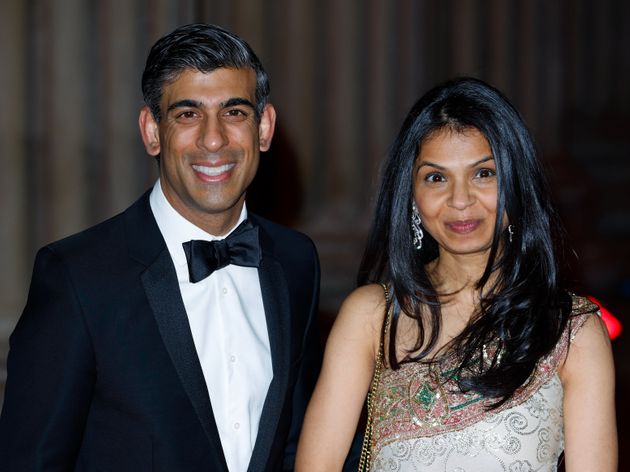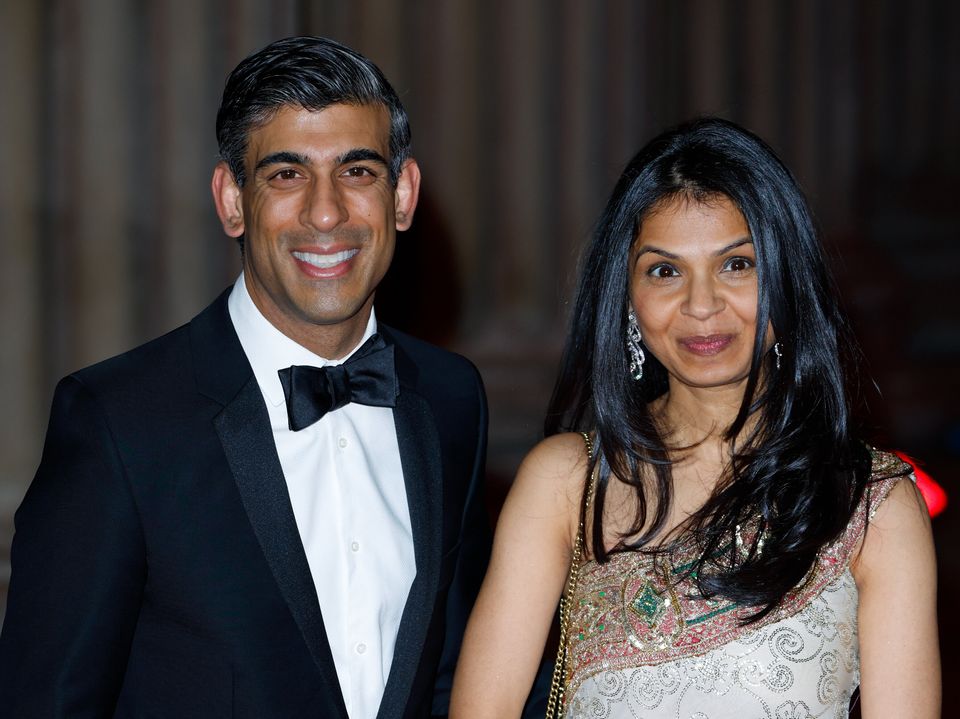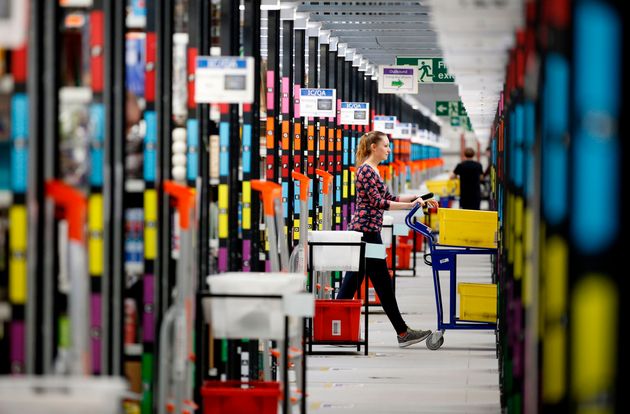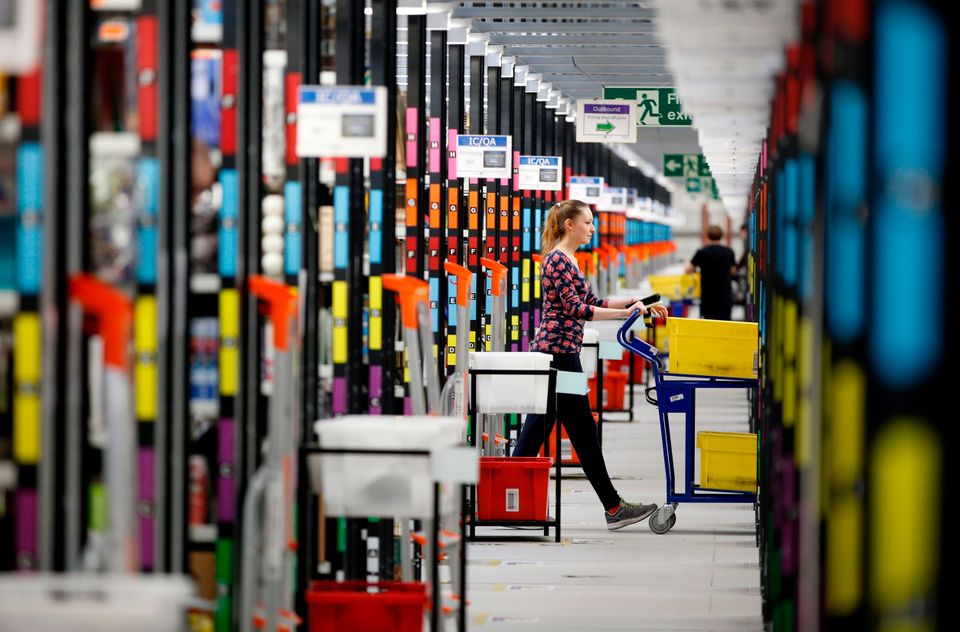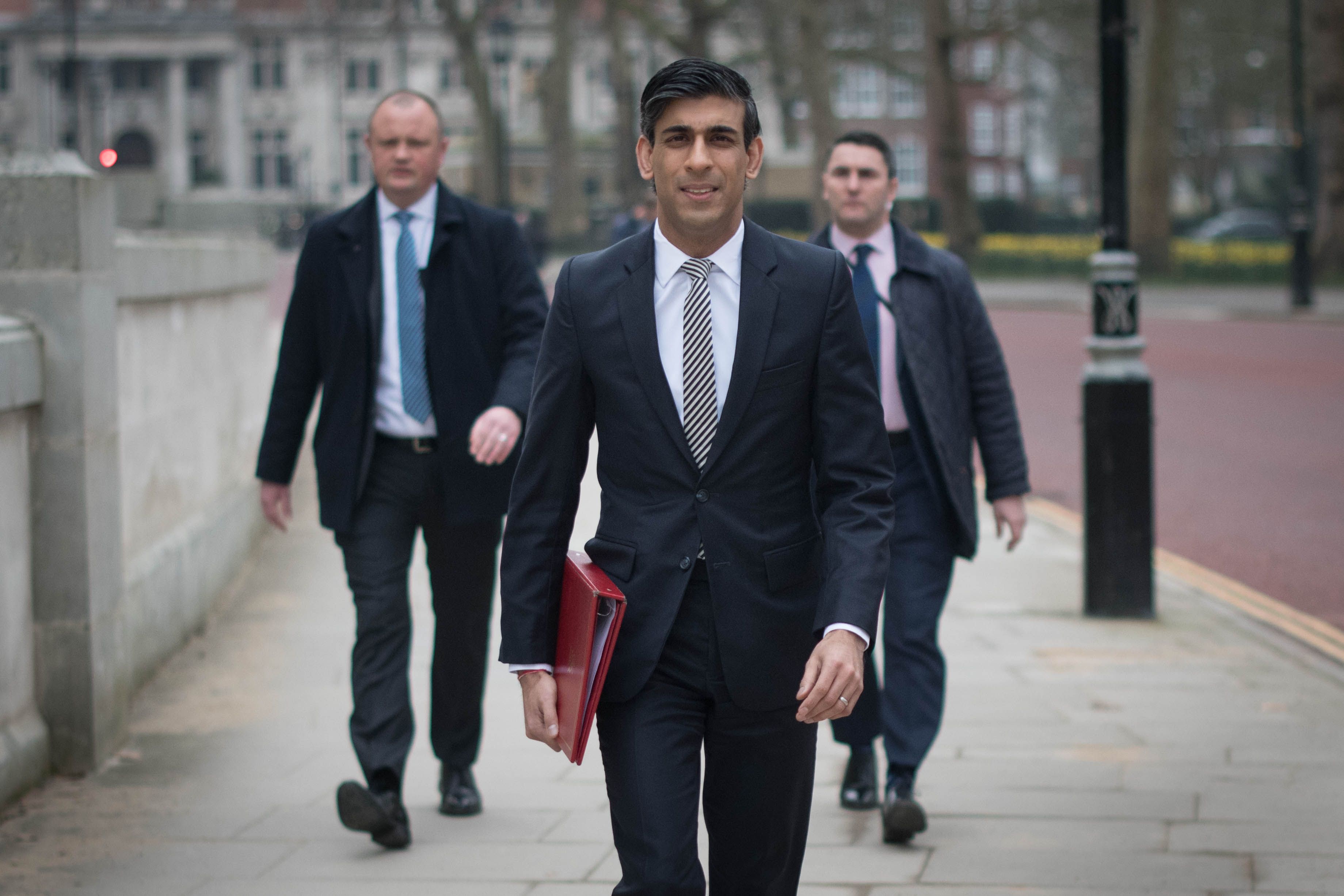
It is not an overstatement to say that this week’s Budget is likely to be the most consequential event of this parliament.
Every decision the government makes between now and the next general election, for good or ill, will be influenced in some way by what Rachel Reeves announces at lunchtime on Wednesday. No pressure then, chancellor.
Advertisement
This is what we know so far. The Budget – called ‘Fixing The Foundations To Deliver Change’ – seeks to raise £40 billion, the vast majority of it through tax rises plus some spending cuts, including £3 billion from the welfare bill.
With Labour having promised not to increase taxes on “working people” before the election, income tax, VAT and the employees’ rate of National Insurance are all off-limits.
That means Reeves has her eyes on inheritance tax, capital gains tax, pension allowances and – most controversially – the employers’ rate of NI to help her balance the books.
A Treasury source told HuffPost UK: “We are dealing with the £22 billion hole in the public finances left by the Tories, and it’s worth stressing that is this year, next year, the year after that and the year after that. It’s a huge problem and we’ve got to address it.
Advertisement
“What we are doing is resetting the public finances and putting them on a firmer footing.
“We’re also acutely aware that we were elected on a platform of change. People voted to change things and for things to get a little bit better. So there will be more money for the NHS to cut waiting lists and more money for long-term investments like building schools, roads and other infrastructure.”
To that end, the chancellor announced on Thursday that she is changing the way the government measures debt, thereby allowing her to borrow an extra £50bn while still sticking to her pledge to bring overall debt down.
That money will be ploughed into public services which, Reeves claims, the Tories were planning to starve of the funds they need.
However, a poll carried out by Savanta and seen by HuffPost UK will make for worrying reading for the chancellor as she puts the finishing touches to her Budget speech in No.11 this weekend.
It shows that 48% of voters believe she should prioritise cutting taxes, compared to 43% who would rather see more money for public services.
Advertisement
However, more than half (55%) say it is more important for the government to invest in public services, with 32% saying it should be cut.
Meanwhile, just 20% of people believe the Budget will have a positive impact, with older people particularly gloomy about what it will mean for them – a result, most likely, of the row over the means testing of the winter fuel allowance.
A total of 80% of of over-55s think it will have a negative impact on their finances, compared to just 6% who believe it will be positive.
Those aged between 18 and 34 are more optimistic, however, with 40% thinking the Budget will be positive for them, with 28% taking the opposite view.
Even Labour supporters appear to be dreading Wednesday, with 41% of those who voted for the party in July believing it will be negative for them, compared to 33% who think it will be positive.
Advertisement
Emma Levin, associate director at Savanta, said: “Significant swathes of the electorate are bracing themselves for Labour’s first budget in 15 years.
“In particular older people appear nervous, amid rumours of many wealth taxes rises, compared to a relatively sanguine younger population.
“Concerningly for Rachel Reeves, even Labour voters think the Budget is going to have a negative impact on their lives. This may be exactly the mood music Labour HQ is going for ahead of a ‘painful budget’, but it’s clear the public want investment in public services as a priority.”
Nevertheless, allies of the chancellor remain confident that the measures announced in the Budget will eventually pay off both economically and politically.
One said: “It will be an honest Budget. Rachel will be very clear that we’re not going to be able to fix 14 years of failure in one Budget.
Advertisement
“This is a 10-year project. She’s having to make difficult decisions now to deliver long-term growth and prosperity.”
With the new Tory leader being announced just three days later, senior Labour figures also see the Budget as effectively the start of the next general election campaign.
“It will set out the clear divide for the whole parliament,” one Treasury source told HuffPost UK.
“Do we either do nothing, stick with the status quo, continue with more austerity, more cuts and more decline, or do we change and do things differently, asking those with the broadest shoulders to pay a bit more tax and start investing in long-term projects?
“This is where it will start to get difficult for the Tories.”





